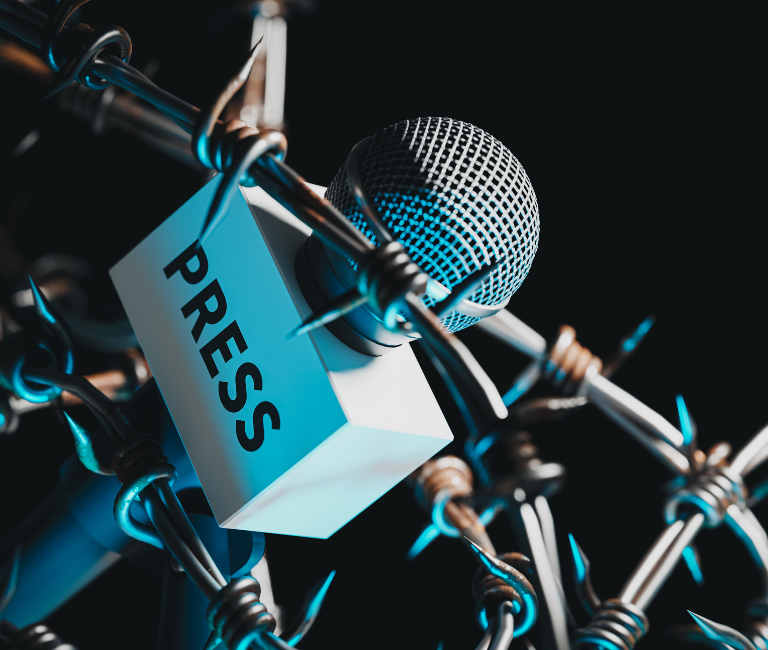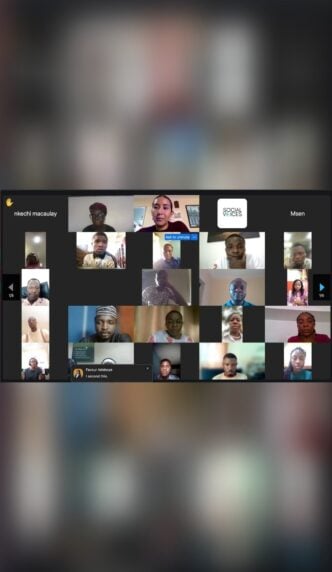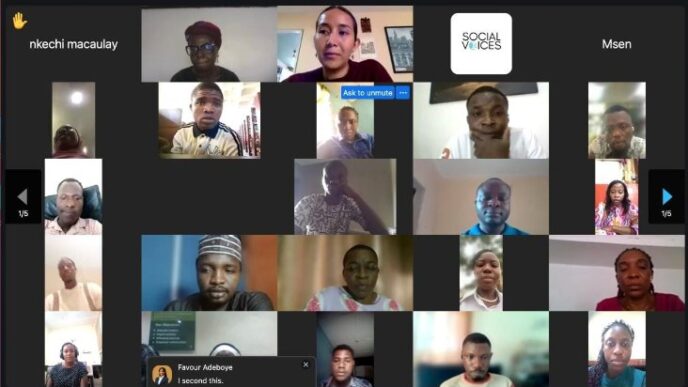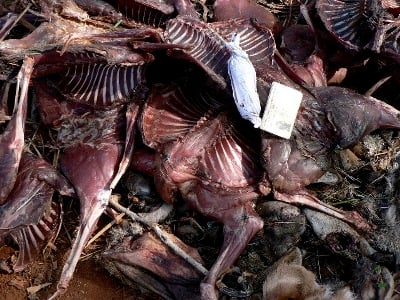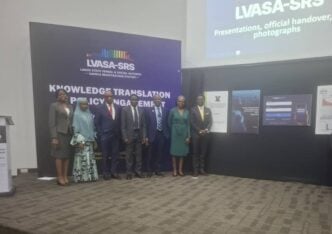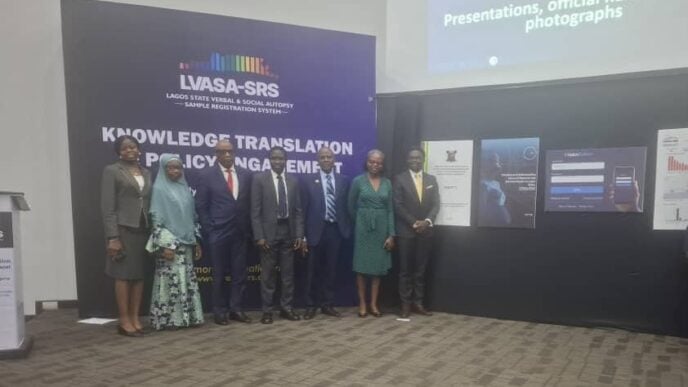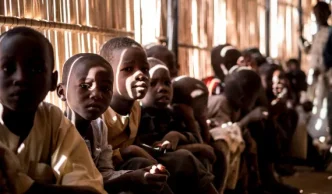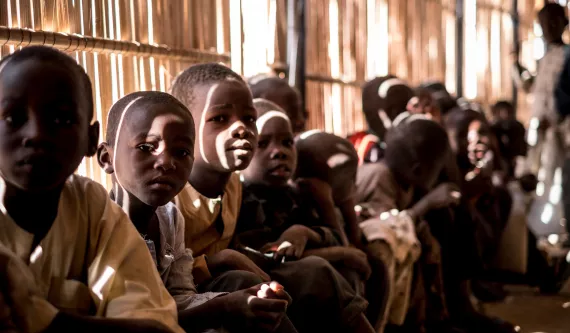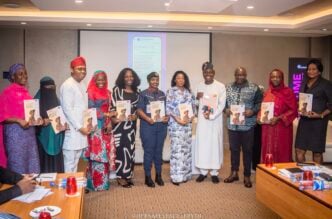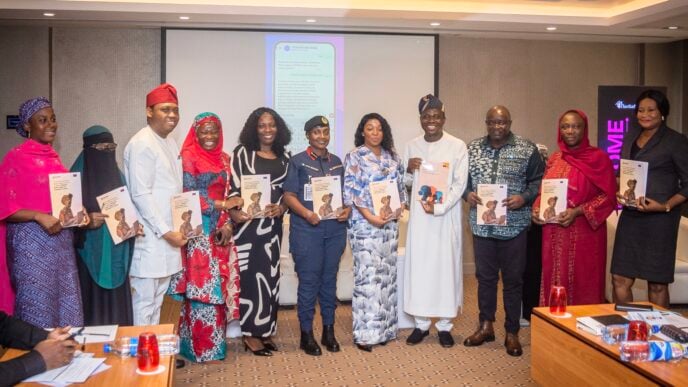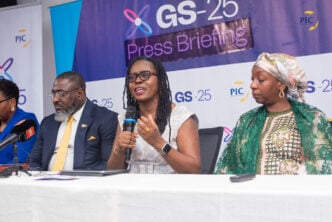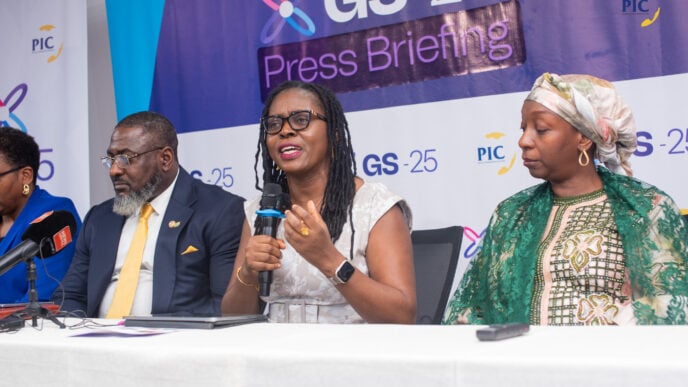The International Committee of the Red Cross (ICRC), in collaboration with the Nigerian Red Cross Society (NRCS), has trained 50 journalists in Lagos on first aid and emergency response.
The six-day training, held in two batches from June 23 to June 28, brought together 25 journalists per session.
Participants were drawn from various media organisations across Nigeria, particularly those covering conflict, defence, security, disaster, and emergency beats.
Aliyu Dawobe, ICRC’s public relations officer, said the training aimed to equip journalists to handle medical emergencies while reporting in high-risk areas.
Advertisement
“Working in these volatile environments, the ICRC understands the crucial role the media plays in providing key information during armed conflicts and other situations of violence, as well as the safety challenges linked to reporting during times of conflict,” he said.
“In many instances, some journalists end up sustaining injuries, and in worst scenarios, are killed.”
To mitigate such risks, Dawobe said the ICRC developed a robust first aid and pre-hospital emergency care curriculum in partnership with the NRCS, targeting frontline journalists.
Advertisement
Daniel Edobor, first aid and pre-hospital care field specialist with the ICRC, and Akinyemi Ayeni, a trainer with the Lagos NRCS, led participants through hands-on sessions covering basic first aid, full body examination, wound care, recovery positioning, bleeding control, fracture management, and cardiopulmonary resuscitation (CPR).
The training also addressed emergency response techniques such as casualty removal, managing blast injuries, burns, bites, stings, and unconsciousness.
Participants were further equipped with skills in handling shock and conducting triage in high-risk situations.
Daily sessions included interactive modules on operational communication, safety and security protocols, simulation exercises, and the use of items in a first aid kit.
Advertisement
“First aid is a life-saving skill that is particularly important for journalists so that they can help themselves, their colleagues, and others in emergency situations,” Edobor said.
“This training helps start a chain reaction of emergency-alert journalists. We are open to collaborating with media houses to further propagate these life-saving skills.”
The training also featured presentations on handling sexual and gender-based violence (SGBV) and humanitarian considerations in conflict reporting.
The ICRC, a neutral and independent humanitarian organisation, operates globally to protect and assist victims of armed conflict and violence.
Advertisement
In Nigeria, it engages in a range of activities including restoring family links, supporting health facilities, providing clean water, and offering first aid and emergency training to civilians and professionals exposed to danger.
Advertisement
